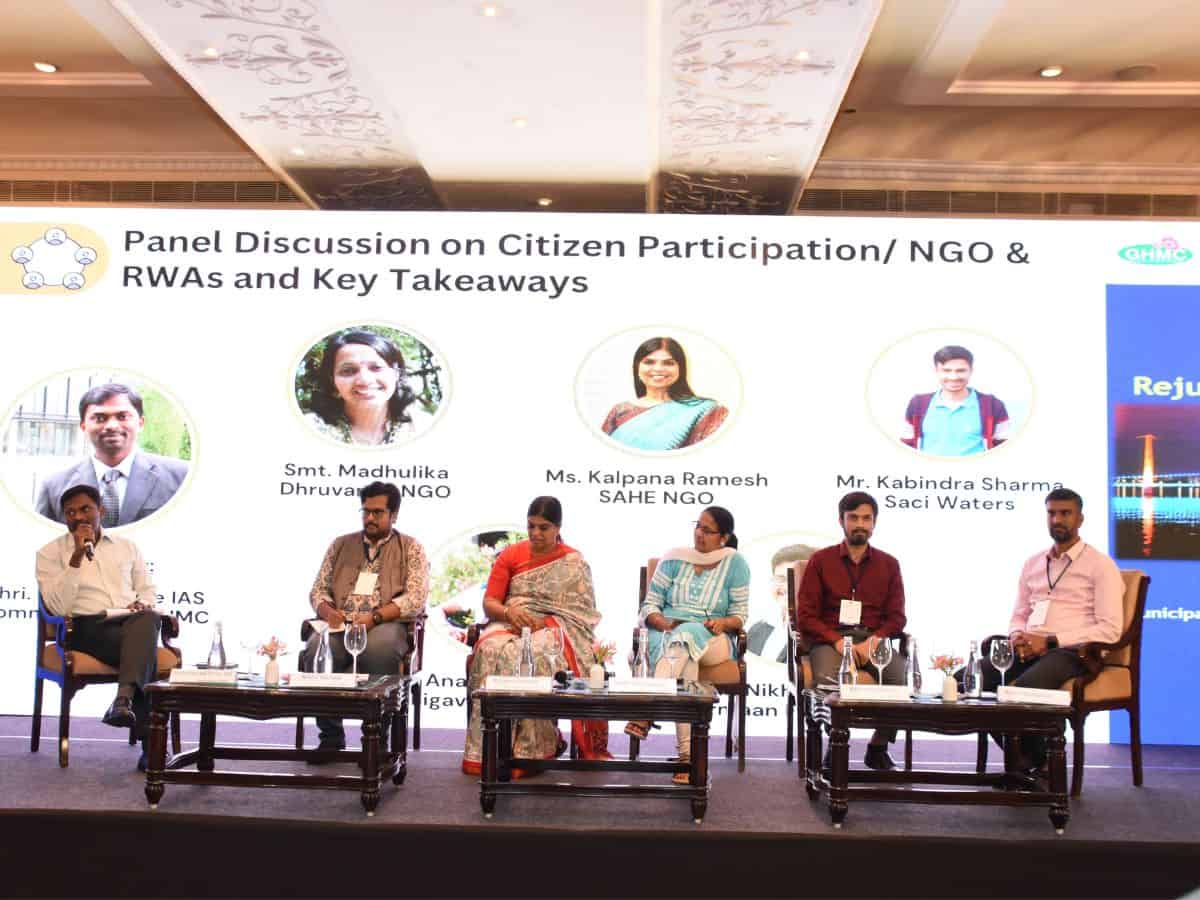
Hyderabad: Stressing the need for lake restoration to maintain the water table’s equilibrium in the state, MA&UD principal secretary Danakishore said that though there were more than 4,234 lakes in urban areas statewide, as a result of rapid urbanisation many lakes especially in urban areas have become severely contaminated or encroached.
A workshop on lake protection and rejuvenation in the urban areas was held here on Tuesday, which was attended by senior officials of the municipal administration and urban development, experts in the field of lake protection and rejuvenation, representatives of NGOs, and startups in the field of water conservation.
Addressing the gathering, Danakishore said that the state government has been implementing creative and sustainable solutions through a variety of schemes and programmes, such as improving wastewater treatment facilities, lowering nutrient loads through buffer zones and riparian planting, involving the community in monitoring, and using citizen science initiatives to raise awareness of the need to protect and conserve these water bodies locally.
He felt that multi-stakeholder approaches were necessary for long-term efforts in the field of lake protection and rejuvenation.
GHMC Commissioner D Ronald Ross stated that a comprehensive approach was needed to address the issue of lake protection and rejuvenation with the active participation of the local community.
HMWS&SB MD Sudharshan Reddy pointed out that while lakes are lifelines in rural areas, they have become a source of neglect in urban areas due to a lack of sense of belonging among the citizens.
Commissioner and director of municipal administration D Divya said that lakes were not just picturesque landscapes, but also vital ecosystems that supported biodiversity, recharged groundwater, regulated climate, and provided recreational spaces for communities.
Observing that urbanization, pollution, and neglect have severely impacted the health of many lakes, especially in rapidly growing urban areas, she felt that combining scientific knowledge, innovative technology, and community engagement, a model of sustainable urban development that balances growth with environmental stewardship could be created.
Case studies and best practices on the protection and rejuvenation of water bodies in India, citizen participation in lake rejuvenation, and technical aspects of lake rejuvenation were discussed in the workshop.
